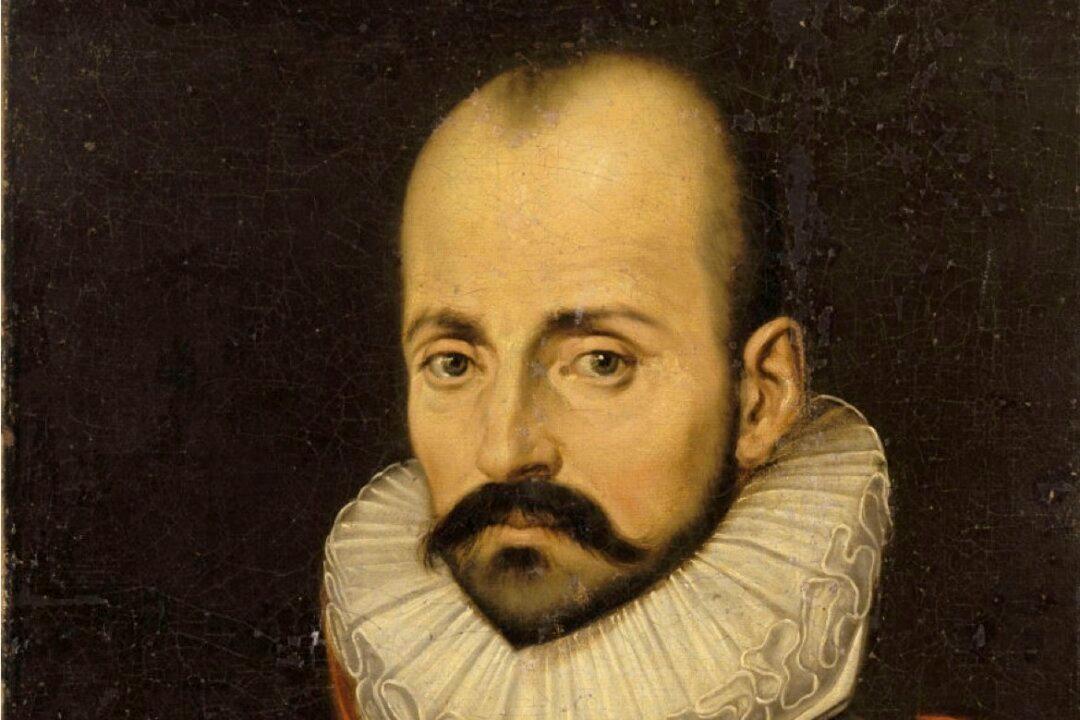I am a lover of essays.
Every morning, shortly after dawn, I sit at my laptop, coffee at hand, and explore the internet looking for pieces to read for enjoyment or as a kickoff for an article of my own.

I am a lover of essays.
Every morning, shortly after dawn, I sit at my laptop, coffee at hand, and explore the internet looking for pieces to read for enjoyment or as a kickoff for an article of my own.